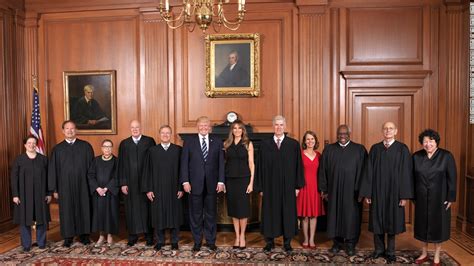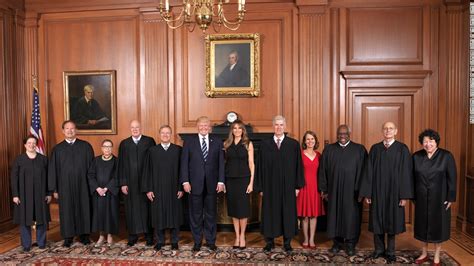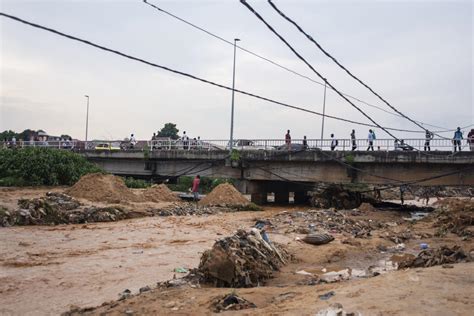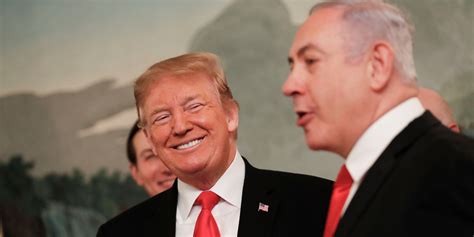In a legal saga that recently unfolded, the highest court in the United States has stepped in to pause an order demanding the return of Kilmar Abrego Garcia, a Salvadorian man mistakenly deported during the Trump administration’s immigration crackdown. Chief Justice John Roberts granted a temporary stay on the ruling that mandated Garcia be brought back from El Salvador by midnight.
The deportation of Garcia, allegedly tied to the MS-13 gang but denied by his lawyer, sparked a contentious debate over judicial authority and diplomatic relations between nations. The Trump administration swiftly appealed to the Supreme Court, arguing that U.S. officials lack jurisdiction to compel El Salvador into repatriating Garcia based on a judge’s decree.
“The United States does not control the sovereign nation of El Salvador.”
Urging for respect towards executive powers in foreign affairs, US Solicitor General D John Sauer emphasized that compelling another country to comply with judicial directives veers beyond constitutional boundaries. The legal battle underscores broader themes of national security and presidential prerogatives in handling matters involving alleged threats like MS-13.
“The Constitution charges the president…with protecting the nation against foreign terrorists.”
As legal arguments clash with emotional pleas for reunification from Garcia’s wife – an American citizen – who advocates for her husband’s release from detention in El Salvador, a complex web of personal hardship and governmental authority becomes intertwined.
Expert analysis suggests that this case serves as a microcosm reflecting broader systemic challenges within America’s immigration policies – highlighting issues of due process, enforcement errors, and interplay between branches of government. The judiciary’s intervention adds layers of complexity to an already intricate narrative surrounding deportations and border control measures.
Garcia’s advocates decry his removal as a violation of human rights, while critics point out procedural lapses leading to his expulsion despite prior legal protections granted due to potential risks he faced in his home country. The evolving legal drama confronts questions about accountability within government agencies responsible for immigration enforcement amidst shifting political landscapes.
With Chief Justice Roberts’ administrative halt providing temporary relief pending further court deliberations, attention remains focused on how this high-stakes saga will unfold against a backdrop of legal wrangling and personal tragedies entwined within each decision made regarding deportation policies.








Leave feedback about this